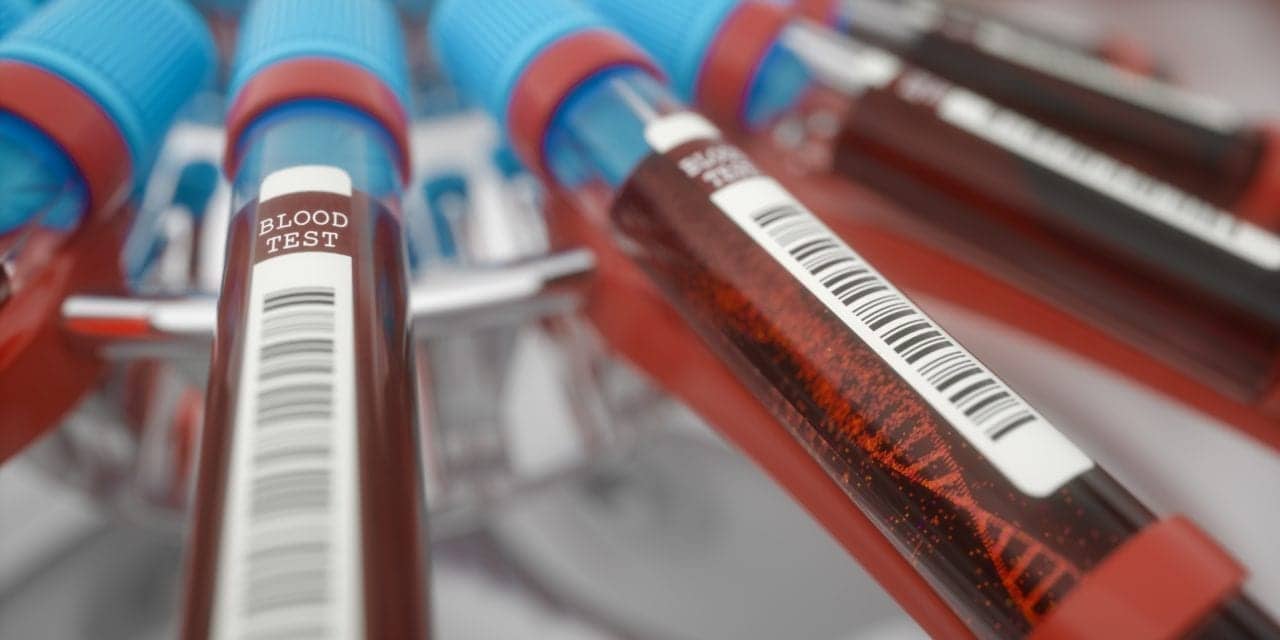Summary: AMPEL BioSolutions’ new CardioGENE blood test predicts heart disease by identifying genetic markers and inflammatory pathways, enabling personalized, preventive therapies.
Takeaways:
- The CardioGENE test identifies genetic markers linked to heart disease, offering personalized insights into cardiovascular risk, especially for those with autoimmune inflammatory conditions.
- AMPEL’s test allows physicians to target molecular pathways with FDA-approved drugs, helping prevent serious cardiovascular events with tailored treatments.
- This innovation expands AMPEL’s genetic testing capabilities, offering a precision medicine tool that moves beyond traditional risk factors like cholesterol and blood pressure.
AMPEL BioSolutions announced a precision medicine blood test that could save lives by predicting heart disease before it happens and providing decision support for prophylactic therapies.
The CardioGENE Blood Test
Inflammatory and immune system abnormalities identified in the blood of individuals predisposed to heart disease by AMPEL two years ago were confirmed and extended in the peer-reviewed Cell iScience paper announced today. Examination of genes expressed in single cells isolated from atherosclerotic coronary artery plaques revealed biomarkers that can be measured by AMPEL’s CardioGENE blood test.
“The CardioGENE blood test identifies inherited genetic markers in blood samples that drive pathways, which can be targeted by drugs,” says Amrie Grammer, PhD, AMPEL co-founder, president, and chief scientific officer. “We are confident that CardioGENE will make a difference in the lives of all Americans especially those with autoimmune inflammatory diseases who disproportionately suffer from the disease’s cardiovascular impacts.”
AMPEL’s approach of linking genetic predisposition to real-time molecular pathways targeted by drugs may greatly impact health care by allowing physicians to identify cardiovascular disease risk and select appropriate therapeutic interventions. Importantly, the new publication demonstrated that common genetic risk factors driving cardiovascular disease in non-autoimmune individuals are the same as those from patients with a variety of autoimmune inflammatory diseases such as Lupus, Psoriasis, Type 1 Diabetes, Rheumatoid Arthritis, Primary Bilary Cirrhosis and Celiac Disease that all are at high risk for morbidity from cardiovascular events.
AMPEL’s work extends the Cardiologist-driven Lancet study published last year demonstrating that inflammation as assessed by standard-of-care testing such as CRP or ESR predicts cardiovascular risk in individuals even after lipids were reduced to normal range with medication. AMPEL’s work is the first time cardiovascular genetic risk factors have been identified in immune and inflammatory system genes expressed across autoimmune diseases even when a patient does not smoke, have elevated cholesterol or high blood pressure, according to the company. AMPEL’s CardioGENE blood test is ready for development for practical use as a decision support biomarker test.
This innovation confirms AMPEL’s expansion into genetic testing as a second platform technology in addition to the work it already conducts in the field of RNA analytics and explainable predictive AI. By identifying the molecular pathways, CardioGENE will allow health care professionals to prevent serious cardiovascular events with prophylactic targeted treatment. Importantly, FDA-approved drugs such as colchicine as well as biologics targeting inflammatory cytokines and immune cells are candidates for prophylactic therapy.
“AMPEL is working hard to identify what is going on currently under the surface in the individual patient with specific predictions of inflammation as well as druggable targets that are abnormal,” says Rob Sperling, MD FACC, Cardiovascular Associates of Marin & San Francisco. “The identification of genetic and molecular inflammatory pathways involved in coronary artery disease especially in those without traditional risk factors is a game-changer and would allow the practice of true precision medicine where physicians are able to identify current active coronary disease as well as future risk of active coronary disease with actionable insights accelerating of new targeted therapeutics to prevent cardiac events. This next level, precision medicine, is what we need as clinicians and patients in the fight against coronary artery/cardiac pathology. Current predictive models are based on population studies and are not very good at the assessing the personal risk of the patient in front of us.”




